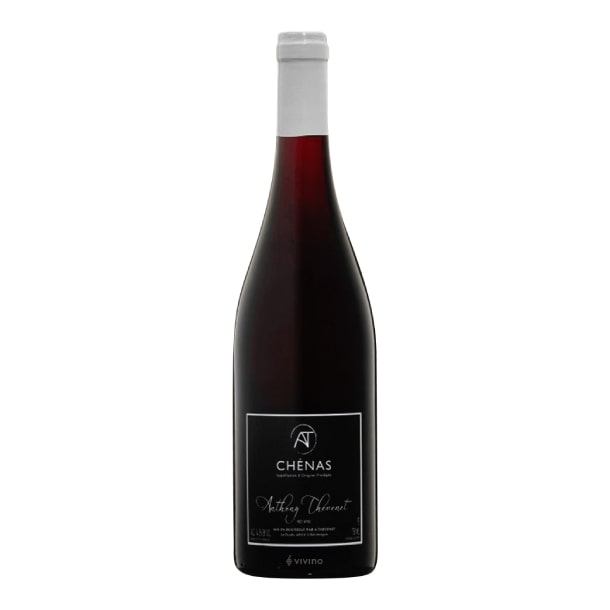Anthony Thevenet Chenas Vieilles Vignes Beaujolais
HK$ 250
Anthony Thevenet’s interpretation of Beaujolais is a unique combination of wines from decades past and today’s trend of voluptuously fruity, early-drinking renditions with a serious edge. After cutting his teeth in the cellar of Georges Descombes, one of the local veterans of natural winemaking, followed by five years as the right hand man of Jean Foillard, one of the true luminaries of Beaujolais, he went out on his own. 2013 was his first vintage, though his walk through the fire began early in his career with the hot 2015 vintage followed by 2016, where hail destroyed the majority of his production that year—testing his skills in managing results no one has seen in Beaujolais as long as his 90 year-old grandmother has been around. If one were introduced to his wines in 2015 or 2016, it may have been difficult to predict where Anthony was headed, despite having crafted some of the most compelling 2015s I tasted from all of the greats in Beaujolais. But if you caught him at the beginning, as we did, with his fantastic 2013 and 2014 vintages, the writing was already on the wall: he is destined to carve out a place among the best in Beaujolais during our lifetime.
Terroir: This vineyard is rented by Anthony but he and his father do all the work and treatments themselves by hand. The slope is soft and slightly tilted toward the north, but relatively flat. The soils are a combination of completely decomposed granite with different soil grains either decomposed in place or alluvium. There are few rocks in the vineyard—save some large rounded stones—and most of the soil is either sand, silt or clay. The climate here, like most of the Beaujolais crus is warm to hot, and the slight tilt toward the north has little to no influence on the temperature.
Vinification: All the wines at Thevenet’s cellar are vinified with a carbonic maceration without any sulfur added until just before bottling and at temperatures no lower than 16C. There is no yeast added for the 8-10 days of “infusion” style fermentation (which means little to no movement of the grapes while fermenting) and all the wines complete malolactic fermentation; interestingly, the malolactic fermentation usually starts and finishes during primary fermentation—even more interesting is that this is very common among natural wines made in Beaujolais. There is no fining or filtration.
Aging: 5-8 months (depending on the vintage) in 60hl concrete vats without sulfur until bottling. The wines are not racked until bottling and SO2 is never more than 15mg/l or ppm—a very low dose of sulfites.
Availability: In stock








 WhatsApp us
WhatsApp us